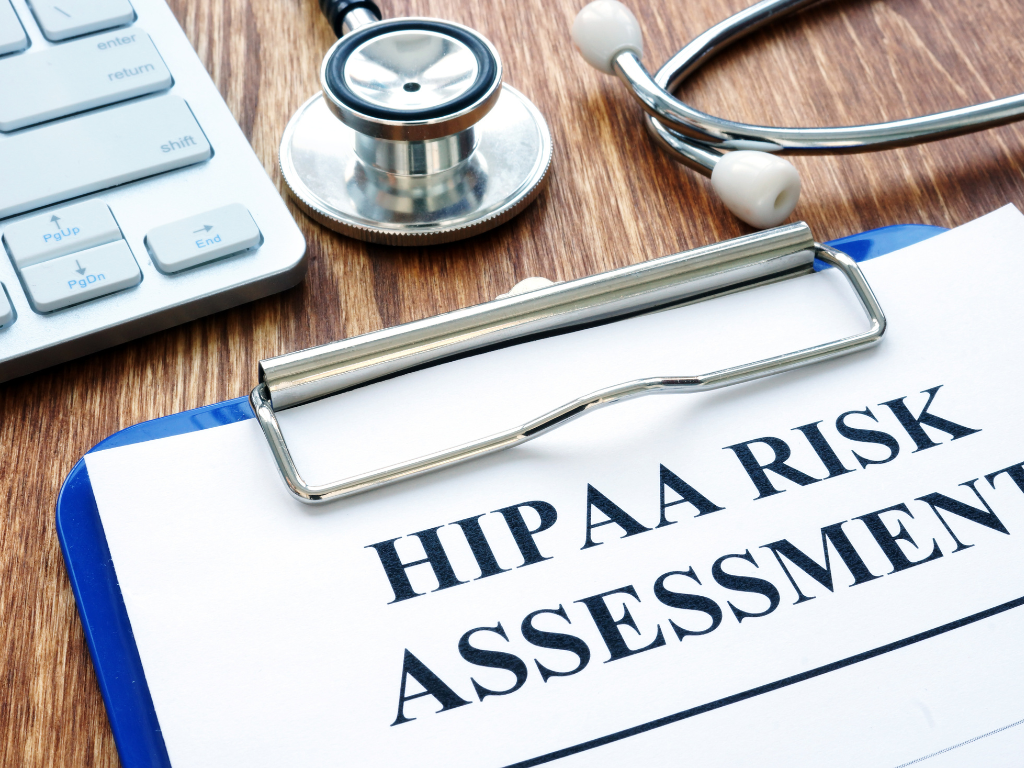HIPAA authorization form allows healthcare providers to share a patient’s protected health information, ensuring compliance with the HIPAA Privacy Rule. The form should detail the right to revoke authorization, exceptions, and provide clear instructions on the revocation process.
Additionally, the form should comprehensively cover the potential use and disclosure of the disclosed information under the authorization. It should specify the circumstances in which such information may be utilized or shared.
Table of Contents
HIPAA Regulations and the Requirement for Authorization
HIPAA mandates patient authorization before sharing health information for non-treatment, payment, or permitted operations with third parties. This allows entities to use or disclose an individual’s PHI beyond HIPAA Privacy Rule limits, contingent on explicit consent. Essentially, it allows entities to share PHI for purposes that extend beyond the typical allowances in the HIPAA Privacy Rule.
A valid HIPAA authorization must be a written document in plain language, including specific elements and statements. Additionally, the authorization should specify an expiration date or an event tied to the individual or purpose for effectiveness. This stringent framework ensures that patients are informed and have control over the sharing of their health information. It reinforces the principles of privacy and consent embedded in HIPAA regulations.

Completing a HIPAA-Compliant Authorization Form
A vital HIPAA form allows healthcare providers to share a patient’s protected health info with specified individuals or entities. Essential for authorization form HIPAA compliance, this form ensures adherence to regulations governing the use and disclosure of sensitive medical information.
HIPAA compliance
HIPAA compliance hinges on adherence to the Privacy Rule, which establishes standards for permissible health information uses and disclosures. The document must align with standards, specifying recipients and circumstances for permitted disclosure under the HIPAA Privacy Rule. This ensures healthcare entities uphold confidentiality and privacy standards, complying with HIPAA regulations.
State laws
Healthcare providers must adhere to both HIPAA and state laws, which safeguard patient privacy and dictate health information release. State-specific regulations, like those in New York, provide additional details on health information release under the HIPAA umbrella.
Dual compliance ensures a comprehensive approach to protecting patient privacy, maintaining necessary standards set by federal and state regulations.
Penalties for non-compliance
Non-compliance with HIPAA, especially the failure to secure authorization, is a severe violation with potential penalties for healthcare providers. The penalties enforce privacy standards, emphasizing the gravity of safeguarding patient information in line with established regulations. Healthcare providers must prioritize strict compliance to avoid legal consequences and uphold trust and confidentiality in the industry.
Patient Consent
Patient consent is fundamental in crafting a HIPAA-compliant authorization form. It necessitates obtaining written consent, either in person or via mail, emphasizing accessibility and comprehension.
Healthcare providers are crucial in ensuring patients understand the form’s purpose and implications of granting or denying consent. Healthcare providers foster understanding for ethical patient consent within HIPAA regulations.
Common Scenarios Requiring HIPAA Authorization
HIPAA mandates authorization forms in healthcare to protect patients’ sensitive health information. Here are three common scenarios that necessitate the use of HIPAA authorization:
Release of medical records
Releasing medical records to a third party necessitates obtaining HIPAA authorization. This form empowers patients to grant third-party access to health records, ensuring strict compliance with HIPAA regulations.
The authorization process underscores the importance of safeguarding patients’ privacy and confidentiality in the disclosure of their health information. It’s a legal and ethical tool, confirming patient consent and fostering transparency in sharing sensitive medical records.
Clinical research consent
HIPAA compliance authorization form becomes crucial when sharing protected health information for clinical research. This permission enables covered entities to use or disclose an individual’s health information for research purposes.
However, it’s contingent upon including specific elements and statements within the authorization form to meet the requirements outlined by HIPAA. It ensures individuals are informed and consent to using their health information for clinical research purposes.
Third party access to healthcare information
Sharing patient health info with a third party requires a crucial HIPAA authorization form for non-treatment, payment, or healthcare operations. This form guarantees that sensitive information is disclosed only with explicit patient consent, maintaining compliance with stringent HIPAA regulations.
The process highlights respecting privacy and reinforcing informed consent in disclosing sensitive health data. The form safeguards, emphasizing the patient’s control over health information sharing beyond routine medical procedures.

HIPAA Compliant Authorization Forms
A HIPAA compliant authorization form is a document ensuring confidentiality and secure handling of a patient’s health information. It requires explicit patient consent for the release or sharing of medical records, ensuring compliance with HIPAA regulations to protect privacy and sensitive health data.
This form is essential for maintaining patient trust and legal adherence in healthcare practices. Remember to regularly review and adhere to HIPAA rules for effective patient data protection.




